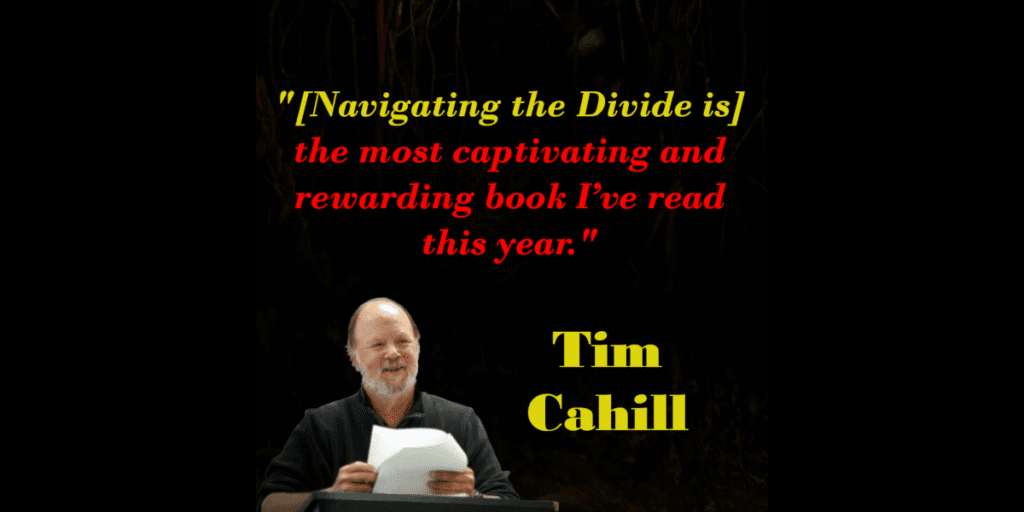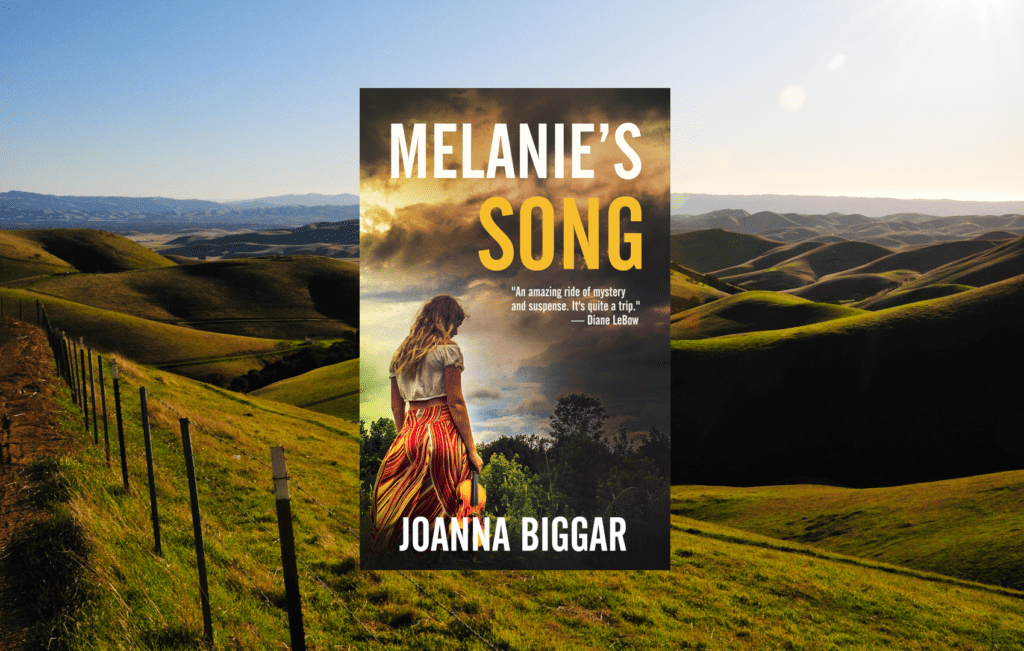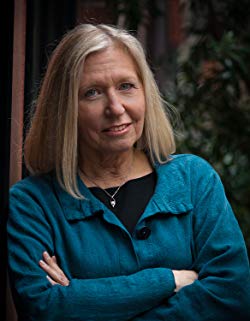Saida Agostini is Torch literary Arts Featured Artist of July

Torch Literary Arts, a non-profit literary organization with the goal of raising the creative voices of black women writers, has selected Saida Agostini as their featured artist of July. Included in the feature is a sampling of her work and a substantive interview with Saida. Read the entire feature here and find an excerpt of the interview below.
Saida Agostini is a queer Afro-Guyanese poet whose work explores the ways Black folks harness mythology to enter the fantastic. Her first full-length poetry collection, let the dead in, is an exploration of the mythologies that seek to subjugate Black bodies, and the counter-stories that reject such subjugation. You can pick up a copy of let the dead in wherever you buy books, or check out our dedicated shop here
Excerpt from Torch's interview with Saida Agostini
Your writing is rich with images of desire and love but also leans into the realities of pain and injustice. How do these subjects influence your work?
Our bodies were built for pleasure. What a miracle of atoms. I think one of the prevailing tragedies of misogynoir and capitalism is that we as Black folks are constantly pushed to be divorced from our physicality and pleasure. Audre Lorde defines the erotic as a measure between the beginnings of our sense of self and the chaos of our strongest feelings. We have a right to our etiology, our chaos, our power. I want us to know the full scope of our power, and the history of it, what it took, what it continues to take to survive this beast called America. My work seeks to recount these histories, and offer a full-throated vision of Black freedom where our pleasure is never denied.
Tim Cahill calls ‘Navigating the Divide’ the “Most Rewarding Book I’ve Read This Year”
Learn what famed travel writer, Tim Cahill, has to say about Linda Watanabe McFerrin’s new ASP Legacy Book, “Navigating the Divide.”
Joanna Biggar Reveals the Heart’s Center of her Newest Novel
After 2015’s That Paris Year which followed a group of young women on their year-abroad at the Sorbonne—their youthful flings as well as their many rites of adulthood— Joanna Biggar is bringing its spiritual sequel Melanie’s Song overseas to her own hometown in the United States. Set in Califonia amid the cultural revolution of the late 60s early 70s, Melanie’s Song, while not a direct sequel to That Paris Year shares many of its characters and its familiar, lavish lyrical style. In MS, J.J., the protagonist of That Paris Year, a young reporter, is on a quest to find her missing friend, Melanie (the archetypal shy scholarly type and another character from TPY) who fled her marriage to a straight-laced classical musician in order to hitch-hike to Woodstock and San Francisco.
What Does Patricia Bracewell Have to Say about “Melanie’s Song”?
What does bestselling historical fiction author, Patricia Bracewell, think of Joanna Biggar’s latest novel, “Melanie’s Song”?


